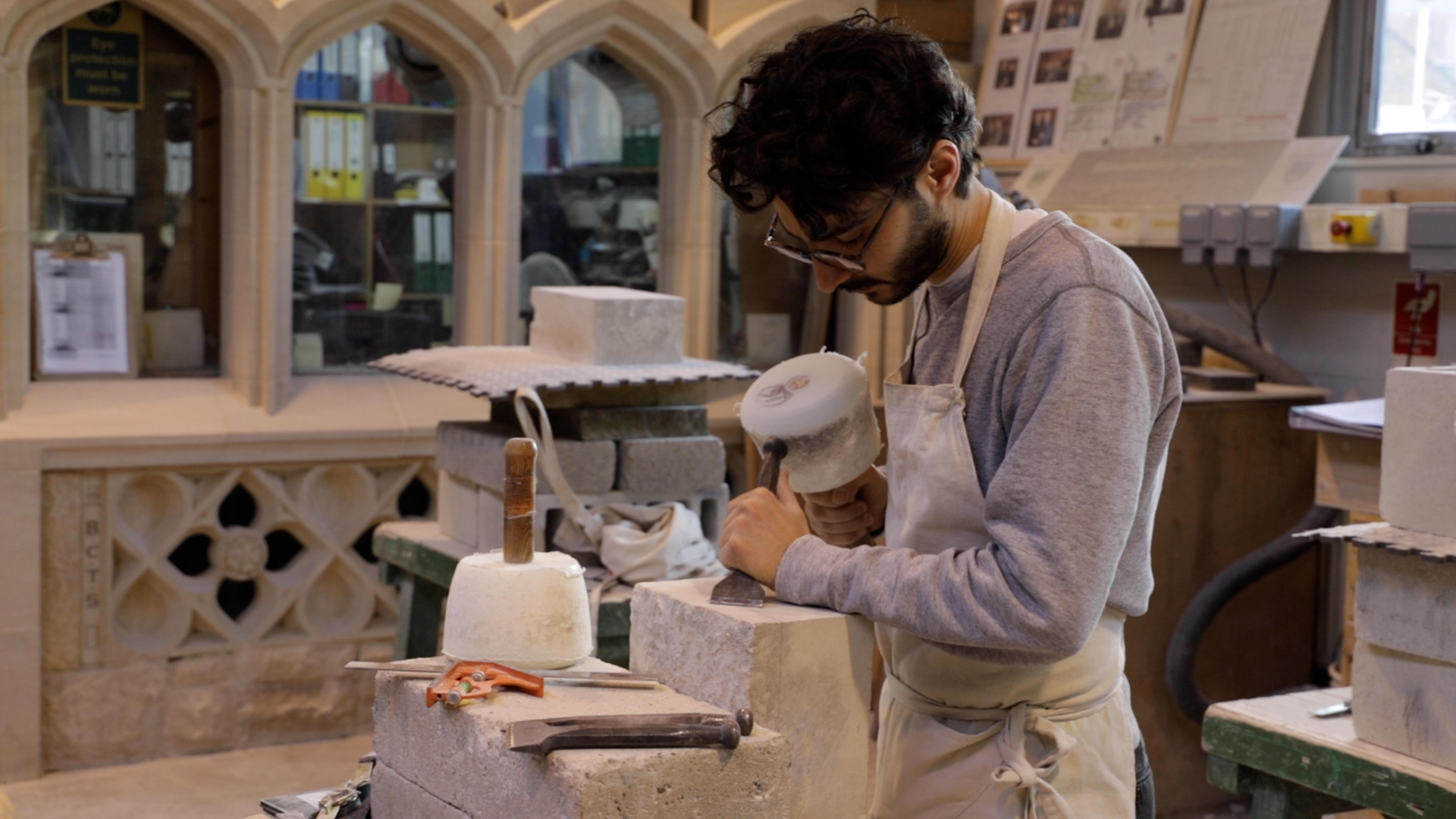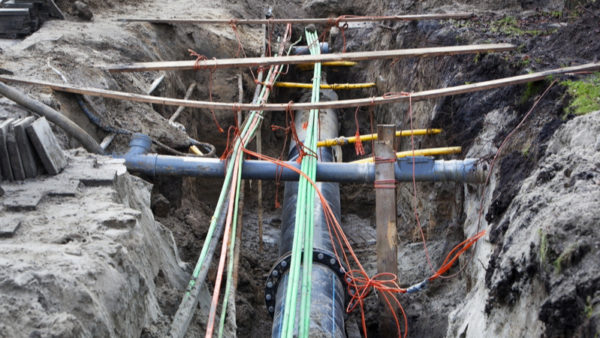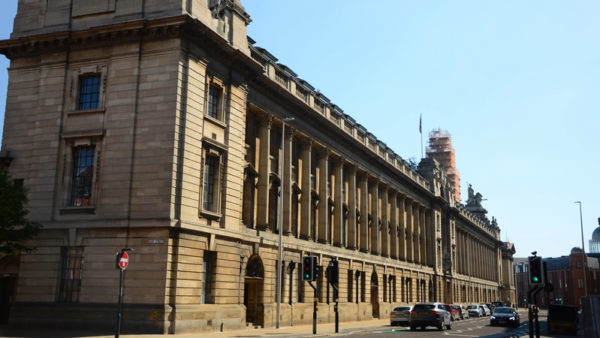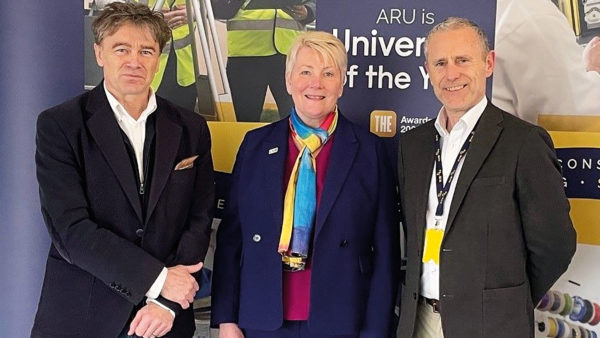
Stonework roles such as masonry and carving are proving to be some of the most difficult to fill on the restoration of the Houses of Parliament.
That is followed by heritage joinery, cabinet making and roofing, according to a skills assessment for the Houses of Parliament Restoration and Renewal Programme, which said hundreds of heritage craftspeople and conservation specialists would be needed to fill vacant roles in traditional crafts.
More mainstream activities such as asbestos removal, decorating and painting, and modern plastering are proving easier to fill, but the Houses of Parliament Restoration and Renewal Delivery Authority said falling demand over decades meant that the heritage and conservation industry would need a boost to help restore the Palace of Westminster.
In some areas, such as heritage plastering, research suggests that more than a third of specialists currently working in the UK will be needed in the programme. It is also expected to require as many as 34% of all heritage window specialists.
Through a newly established Heritage Client Group (including Historic England, CADW, Historic Environment Scotland and others), the Houses of Parliament Restoration and Renewal Programme will work with heritage and conservation organisations to explore a range of initiatives to encourage more people into high-demand professions.
This includes looking at funding bursaries to support people from disadvantaged and underrepresented backgrounds to start careers in the heritage sector, as well as working with centres of excellence to train more people in heritage and conservation skills. It is also considering delivering more apprenticeships, school engagement and work placements.
The restoration of the Palace of Westminster, which could take up to 30 years, was originally costed at around £4bn. In 2018/19, the annual cost of maintenance to the crumbling building was £127m.
Mike Brown, chair of the Houses of Parliament Restoration and Renewal Delivery Authority, said: “Restoring Parliament will create thousands of jobs and apprenticeships across the UK, but this will hinge on getting the right numbers of skilled people to work with us.
“This skills assessment has allowed the Houses of Parliament Restoration and Renewal Programme to identify areas of shortage and engage with our key industries and training providers to create new jobs, apprenticeships and training opportunities which will be vital to the restoration of one of the world’s most widely recognised buildings.”
Duncan Wilson, chief executive at Historic England, said: “This research provides a clear statement of intent to the heritage construction sector and its partners. The restoration and renewal of the Houses of Parliament presents an unprecedented opportunity to address long-standing heritage skills construction shortages in England and the wider UK, focusing on areas of greatest need, such as plastering and joinery.”










